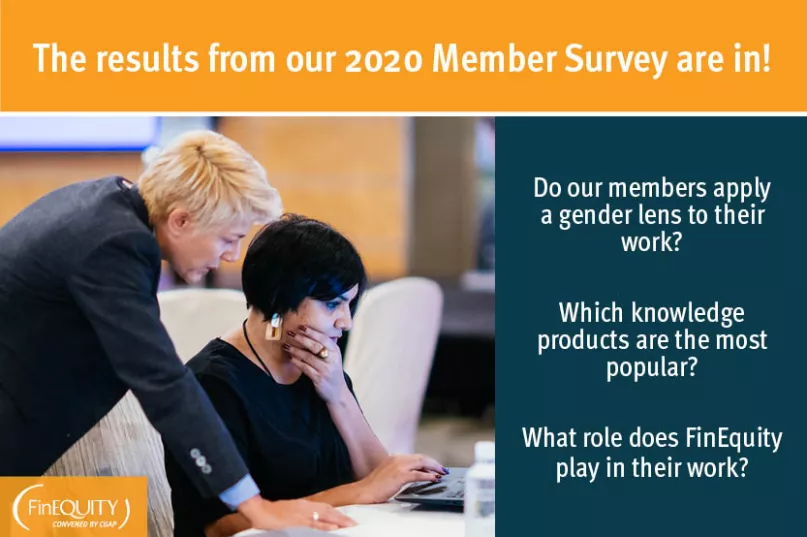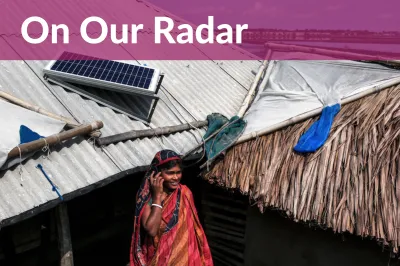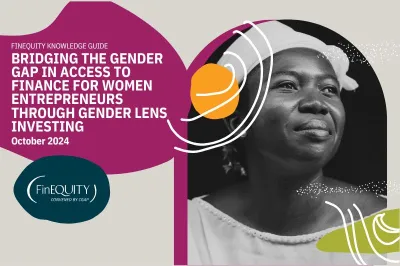FinEquity 2020 Member Survey Summary

Many thanks to those of you who filled out our FinEquity 2020 Member Survey. We’d like to share a summary and some key take-aways that will help us develop our work moving forwards.
Whom did we survey?
The FinEquity Member survey is conducted annually to assess member needs and get a qualitative sense of our impact. The survey is advertised via the FinEquity Newsletter, social media channels, and DGroups, as well as individualized outreach to members who have close contact with facilitators and Working Group leads. This year’s member survey garnered 64 responses from members based in 30 countries. The largest proportion of respondents were independent experts, comprising one-quarter of respondents, followed by NGO networks. The vast majority of respondents work for institutions that have made efforts to incorporate a gender lens into their financial inclusion programming. Responses are anonymous unless members choose to voluntarily self-identify. You can find the full survey here.
What are key findings?
- Our members feel their institutions have done somewhat well or very well in incorporating a gender lens to their work. This means that we are a community of committed experts in supportive institutions.
- Members require an array of knowledge products to influence their work (e.g. webinars, blogs, e-discussion, etc.) rather than a single type of learning mechanism – although Twitter and Linkedin are not widely availed or incorporated.
- FinEquity is an important resource for learning: Over 80% of respondents have indicated that their personal knowledge has been enhanced through participation in FinEquity, and over 50% say their work has been positively influenced.
- FinEquity is an important resource for networking: Over 50% of respondents indicate they have made valuable connections through FinEquity.
- FinEquity is an effective dissemination platform but could disseminate from a wider array of members: 40% of respondents have been able to share their work with a broader audience.
- FinEquity is impacting practice: Members feel FinEquity has somewhat or significantly influenced change in attitudes and practice on women’s financial inclusion.
- In commentary, members expressed the desire for stronger engagements within working groups and around case studies.
What does this mean for our approach?
- Our messaging should continue to focus on the how, and also on linkages to other narratives.
- FinEquity should expand our knowledge products with particular focus on case studies, briefs, and best-practices, together with an enhanced knowledge management system.
- We should continue to curate member content for our Newsletter and will expand our knowledge management with the newly re-launched FinDev Portal which gives us enhanced capabilities.
- We should re-double our efforts to engage around particular deliverables with members in the three thematic areas of our working groups: Social Norms; Data & Measurement and Technology.
- We will take to heart the recommendation for semi-annual updates of FinEquity activities, as well as guidance on ways to actively engage with the community.


